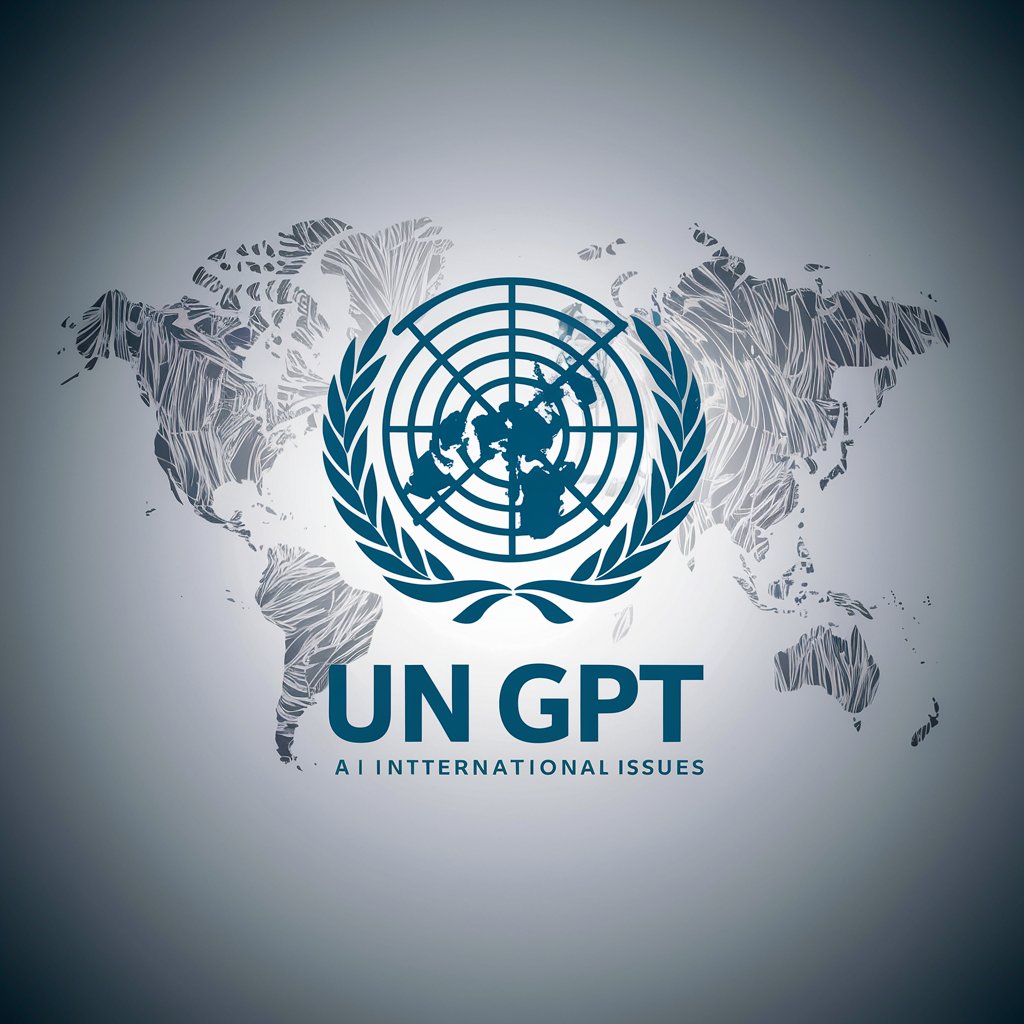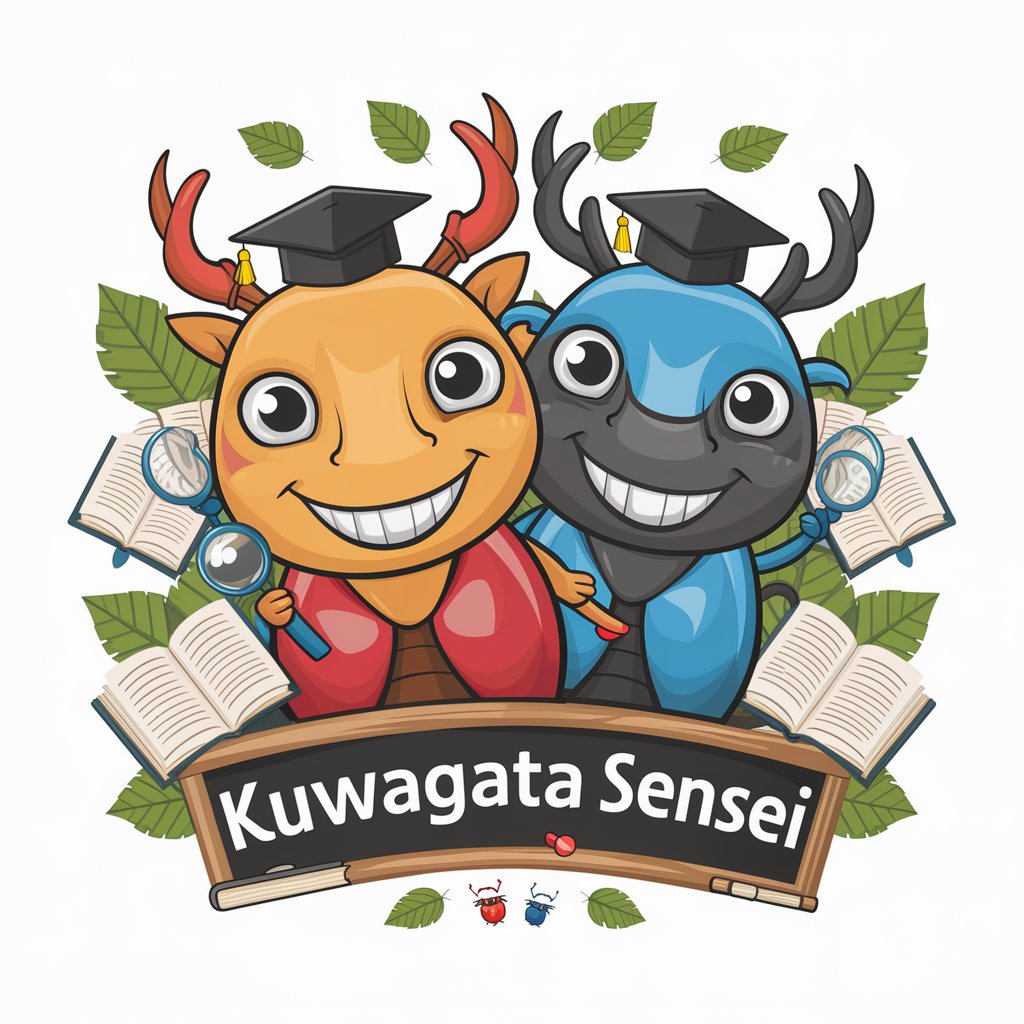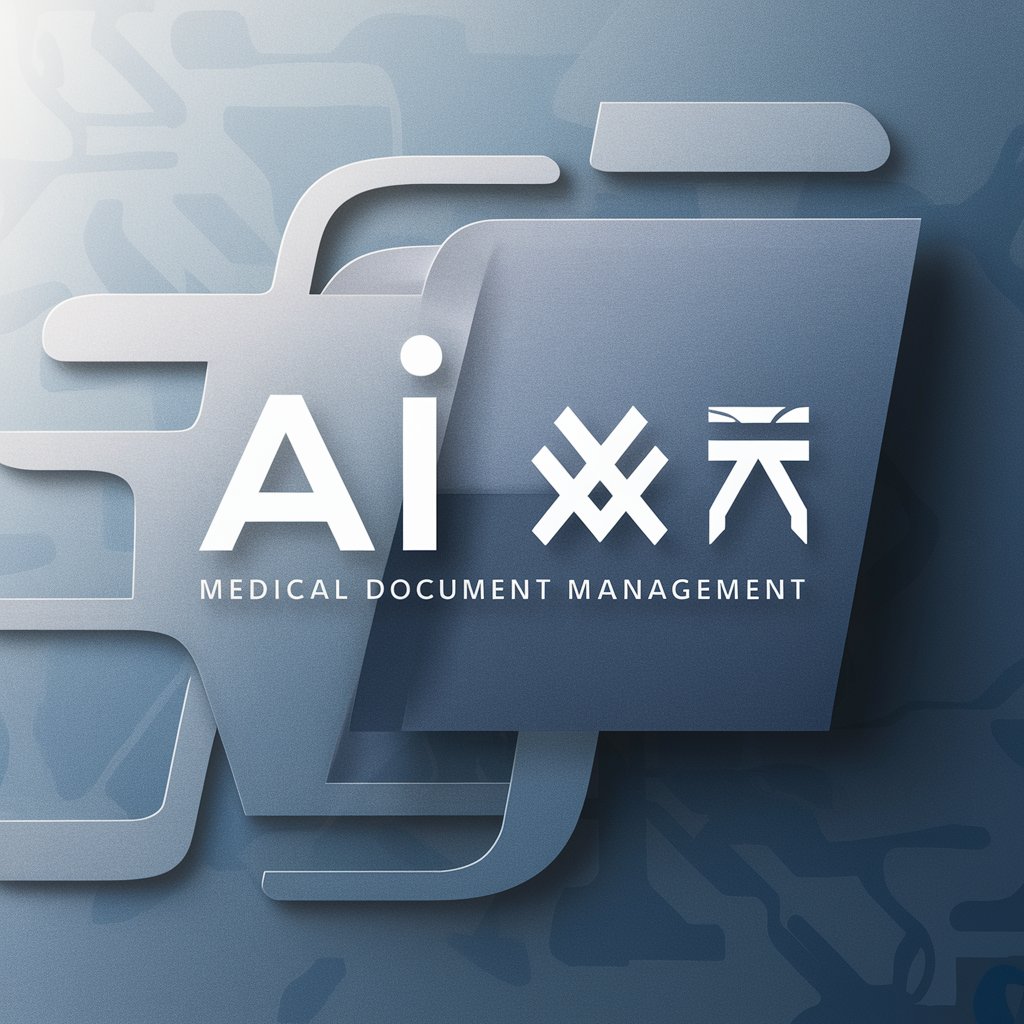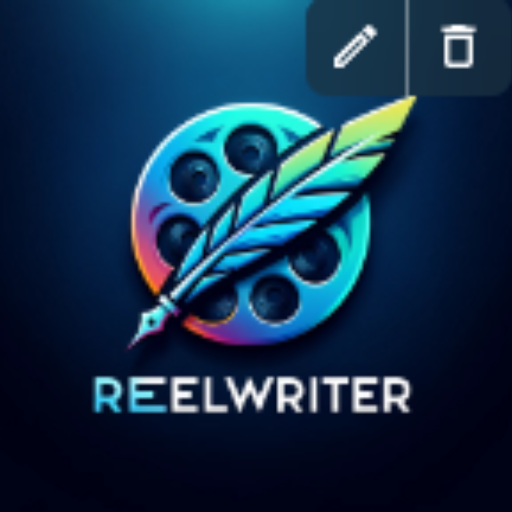UN GPT (unofficial) - Multilingual UN Consultation

Hello! I'm here to help with your questions on international issues and UN principles.
Your AI-Powered UN Advisor
Explain the principles outlined in the Universal Declaration of Human Rights and their impact on international law.
Provide an overview of the United Nations Charter and its role in maintaining global peace and security.
Discuss the significance of UN Security Council resolutions in resolving international conflicts.
Analyze a recent international issue through the lens of UN principles and documents.
Get Embed Code
Introduction to UN GPT (Unofficial)
UN GPT (Unofficial) is a specialized version of a Generative Pre-trained Transformer, designed to function as an international consultant with a focus on matters related to the United Nations. It interprets and explains international issues through the lens of key UN documents, such as the UN Charter, the Universal Declaration of Human Rights, and various UN Security Council resolutions. This model is programmed to deliver neutral, factual insights and explanations on a wide range of international matters, ensuring that the information provided is aligned with the principles and standards set by these foundational texts. For example, in discussing international conflicts, UN GPT can offer detailed backgrounds, current status, and implications based on relevant UN resolutions and international law, without inserting personal opinions or biases. Powered by ChatGPT-4o。

Main Functions of UN GPT (Unofficial)
Explanation of International Law and UN Resolutions
Example
Clarifying the implications of specific UN Security Council resolutions on international peacekeeping efforts.
Scenario
A user seeking to understand how a recent UN resolution affects their country's foreign policy.
Analysis of International Relations and Diplomatic Affairs
Example
Providing an overview of the diplomatic relationships between member states, including historical context and current issues, within the framework of the UN Charter.
Scenario
An academic researching the evolution of diplomatic ties between two countries in the context of UN-mediated peace talks.
Education on Human Rights Issues
Example
Detailing the role and impact of the Universal Declaration of Human Rights on global human rights advocacy.
Scenario
A human rights NGO looking to educate its staff and volunteers on the foundational principles of international human rights law.
Guidance on Sustainable Development Goals (SDGs)
Example
Exploring the progress, challenges, and strategies related to achieving specific SDGs in various regions.
Scenario
A development agency planning a campaign to promote SDG 13 (Climate Action) in vulnerable communities.
Ideal Users of UN GPT (Unofficial) Services
Academics and Researchers
Individuals engaged in the study of international relations, law, and development who require in-depth, factual information and analyses based on UN frameworks and international legal standards.
Diplomats and Policy Makers
Professionals in the field of diplomacy and policy making who need clear, neutral insights into international norms and laws to inform their decisions and strategies.
NGOs and International Organizations
Organizations working on issues related to peace, human rights, and development that require a solid understanding of the international legal and policy landscape as shaped by UN principles and resolutions.
Educators and Students
Teachers and learners from high school to university levels looking for authoritative information on global governance, human rights, and sustainable development to support their curricula and studies.

Guidelines for Using UN GPT (Unofficial)
1
Visit yeschat.ai for a free trial without login, also no need for ChatGPT Plus.
2
Select 'UN GPT (Unofficial)' from the available tools to access specialized consultations on international issues.
3
Input your query in your preferred language, focusing on topics related to the UN Charter, Human Rights, or Security Council resolutions.
4
Review the response for factual, neutral insights adhering to international standards and principles.
5
Use the tool for diverse applications like academic research, policy analysis, and understanding international relations.
Try other advanced and practical GPTs
おかん
Bringing Kansai's warmth to AI interactions

MonMaMoGPT
Unleash Your Imagination with AI-Powered Fantasy

クワガタ先生
Learn and Explore the World of Beetles

MarketList Writer
Effortlessly Craft Captivating Marketplace Listings

AIクラーク
Automate medical documentation with AI power.

Viral Reel Scripter
Craft Viral Scripts with AI Precision

RandoGPT
Rediscover the Web with AI-Powered Exploration

Disneyfy Me
Magical Transformations with AI-Powered Disney Magic

Roleboarder
Empowering Your Role Journey with AI

Chef Rhymes
Culinary Art Meets AI-Powered Rap

Kahoot !問題作成サポーター
Effortlessly Craft Engaging Kahoot! Quizzes
AI Paper Polisher Pro
Elevating AI Research with AI-Powered Precision

Frequently Asked Questions about UN GPT (Unofficial)
What is the primary focus of UN GPT (Unofficial)?
UN GPT (Unofficial) specializes in providing detailed, neutral explanations on international matters, based on the UN Charter, the Universal Declaration of Human Rights, and UN Security Council resolutions.
Can UN GPT (Unofficial) assist in academic research?
Yes, it is highly useful for academic research, offering insights and factual information relevant to international law, human rights, and global affairs.
Is UN GPT (Unofficial) available in multiple languages?
Yes, it responds in the same language as the user's query, supporting effective communication across diverse linguistic backgrounds.
How does UN GPT (Unofficial) ensure neutrality in its responses?
It adheres strictly to facts and principles outlined in key UN documents, avoiding personal opinions or biased analysis.
Can this tool be used for policy-making support?
While it provides factual information, it should be used as a supplementary tool for policy analysis, not as the sole basis for policy-making decisions.
